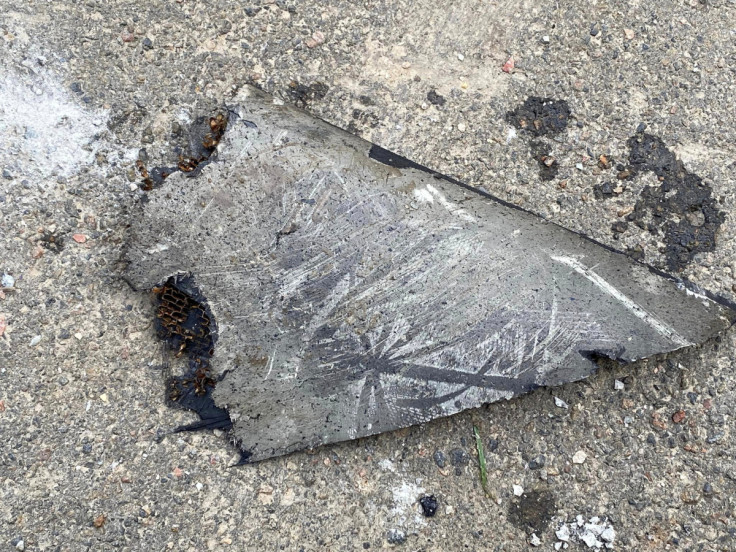U.N. Lawyer Pushes Back On Russian Row Over Iran Drone Inquiry

The chief U.N. lawyer on Wednesday pushed back on a Russian argument that Secretary-General Antonio Guterres cannot report to the Security Council on Western accusations that Moscow used Iran-made drones in Ukraine in violation of a 2015 resolution.
Russia has argued that there is no mandate for Guterres to send U.N. experts to Ukraine to inspect the downed drones. Tehran denies supplying the drones to Moscow and Russia has denied its forces used Iranian drones to attack Ukraine.
Guterres reports twice a year to the council - traditionally in June and December - on the implementation of a 2015 council resolution that enshrines the Iran nuclear deal. Any assessment of the drones in Ukraine would be included in that report.
In preparing those reports, U.N. experts have long traveled to inspect evidence. As far back as 2017 they traveled to inspect weapons seized by France and the debris of ballistic missiles fired at Saudi Arabia.
"Absent further guidance by the Security Council, the Secretary-General will continue to prepare these reports in the manner that they have been prepared to date," U.N. legal affairs chief Miguel de Serpa Soares told the Security Council.
Western council members could block any attempt by Russia to propose new guidance for Guterres.
Russia had requested de Serpa Soares brief the council on Wednesday, but the move appeared to backfire.
Russia's U.N. Ambassador Vassily Nebenzia accused the United States, Britain, France and Germany of violating the U.N. Charter by trying to exert influence over Guterres with written requests that he investigate Russia's use of drones in Ukraine.
"The Secretariat serves solely as a contact point," told the Security Council. "The Secretary-General's report can reflect solely the fact that the letters were received."
Russia said last week that it will reassess cooperation with Guterres if he sends experts to inspect the drones. U.N. spokesman Stephane Dujarric has said U.N. experts were always ready to examine and analyze information from U.N. states.
Under the 2015 resolution, a conventional arms embargo on Iran was in place until October 2020.
But Ukraine and Western powers argue that the resolution still includes restrictions on missiles and related technologies until October 2023 and can encompass the export and purchase of advanced military systems such as drones.
U.S. Deputy U.N. Ambassador Robert Wood described Russia's argument that Guterres could not investigate as "dumbfounding" and accused Moscow of wasting the Security Council's time "to deflect attention from its own egregious wrongdoing."
© Copyright Thomson Reuters 2025. All rights reserved.





















